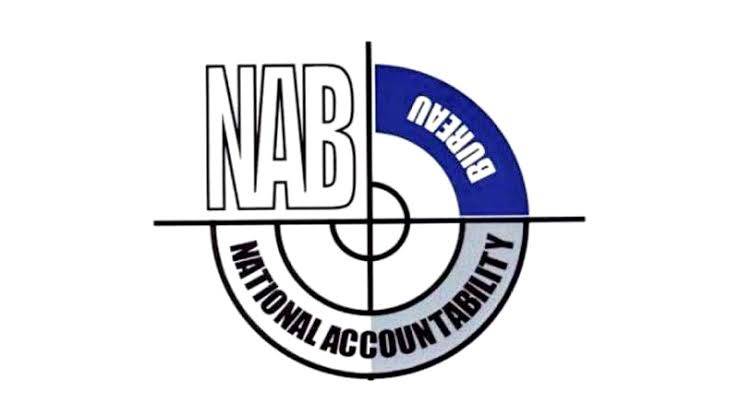A judgment that is nothing short of NAB’s indictment

Stay tuned with 24 News HD Android App

While major opposition parties like the PML-N and PPP have repeatedly sought the disbandment of the National Accountability Bureau for its failure to deliver and the institution’s devastating impact on the already sagging economy, the Islamabad High Court (IHC) has also come up with a judgment that is nothing short of indictment of the anti-graft body.
The seriousness of the IHC’s remarks goes up manifold as the NAB is headed by a former Supreme Court judge who feels proud of the institution’s performance, huge recoveries of over Rs300 billion from the corrupt people and the dent the NAB claims to have caused to the state of corruption in the Islamic republic.
After a number of observations about the working of the NAB a two-judge IHC bench, headed by Chief Justice Athar Minallah said in a judgment in a bail case a few days ago: “We expect that the federal government and the Majlis-e-Shoora (Parliament) will consider taking appropriate measures in order to ensure that the accountability process is made effective, transparent and fair and that the Bureau is equipped and strengthened to meet the challenges and achieve the object for which it has been established.”
The “thorny” remarks made by the bench in its verdict should certainly force Chairman Justice Javed Iqbal to review the working of the institution and take appropriate measures that could satisfy the judiciary and meet the ends of justice.
The “absolute” powers of the NAB Chairman to issue arrest warrants, the bench said, are contrary to the fundamental human rights.
Although the chairman has not given the said powers to himself and the decision in this regard had been taken by parliament, the exercise of those powers depends exclusively upon the NAB chief. And that is what he has to be very careful about.
The court also highlighted loopholes in the investigation by the “poorly” trained officers who lacked proper skills to probe white-collar crimes.
“The power to arrest is to be exercised fairly, justly, equitably and without discrimination. There must be sufficient incriminating material to justify arresting an accused. The ‘incriminating material’ must be of nature which, prima facie, indicates the involvement of the accused in the commission of the offences under the Ordinance of 1999. The material brought on record should, prima facie, show the existence of criminal intent or motive, element of conscious knowledge and participation with the object of obtaining illegal gain or benefit.”
What the court said essentially means that this is not being done at present, which should be a matter of serious concern for everyone.
The power of arrest under the Ordinance of 1999 cannot be exercised in an indiscriminate, reckless or wanton manner, because there are conflicting fundamental rights guaranteed under the Constitution which cannot be ignored.
It said the NAB power to order the arrest of an accused during inquiry or investigation can have deleterious effects, not only for the latter but also for their family members.
In its verdict, the IHC observed that NAB ordinance was enacted with the object and purpose of providing effective measures for detection, investigation, prosecution and speedy disposal of cases involving corruption, corrupt practices, misappropriation of property, kickbacks, commissions and for matters connected and ancillary or incidental thereto.
Citing various precedents, the IHC observed that because of excessive and indiscriminate use of the power of arrests courts were inundated with petitions seeking bail against the arrest warrants issued by the NAB.
The court observed that white-collar crimes are committed by skilled professionals, most of whom are experts in covering up and erasing the traces when the crime is committed. It, therefore, poses enormous challenges for the investigators. The detection and investigation of offences dealt with under the Ordinance of 1999 requires highly trained professionals having expertise in forensic accounting, money laundering, data mining and data analysis etc.
If the investigator of a white-collar crime is unable to conduct effective inquiry and investigation without arresting an accused, it raises serious questions regarding competence and professionalism. This important aspect cannot be ignored because of the massive human impact involving physical and psychological damage and the social stigma caused due to the arrest of a person on allegations of corruption and corrupt practices.
The IHC order observed that the NAB chairman and investigators are vested with expansive powers under the NAO without any “oversight by an independent body”.
The court in its order said that the executive powers of arrest under the NAB ordinance are required to be exercised justly, fairly, equitably and subject to the principles and law.
While the NAB has the right to challenge the verdict before the Supreme Court with the plea for its annulment, it has many points for the institution’s chairman to consider and implement.
